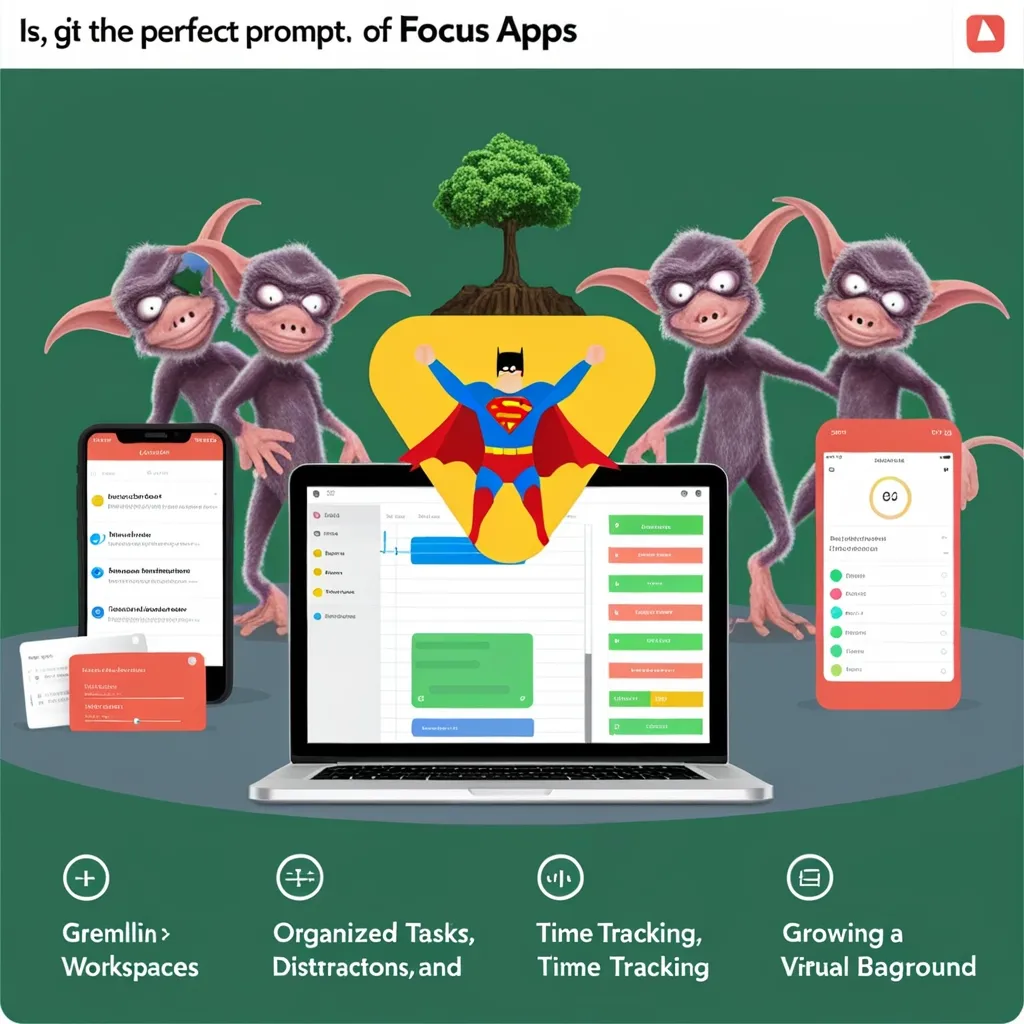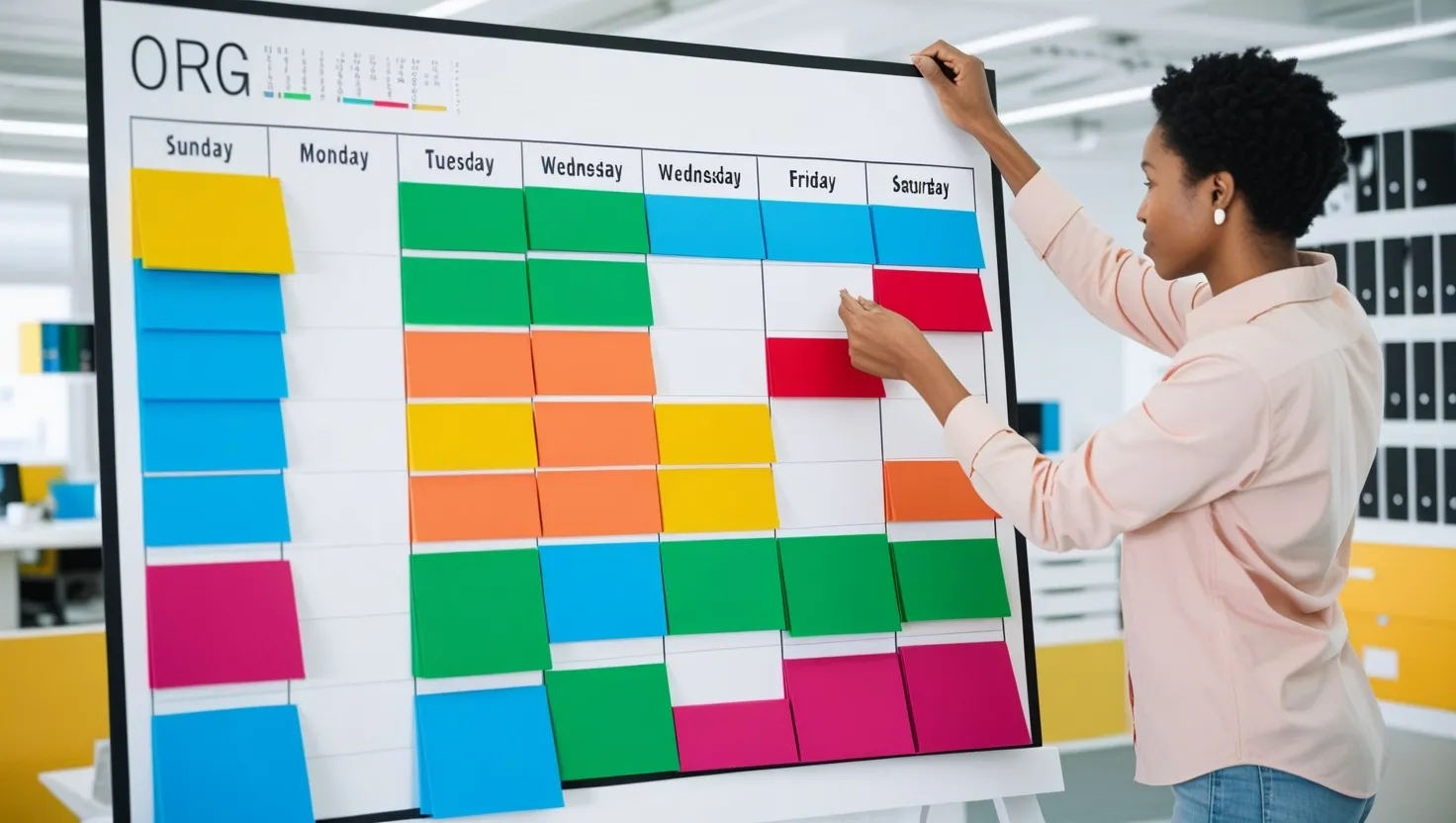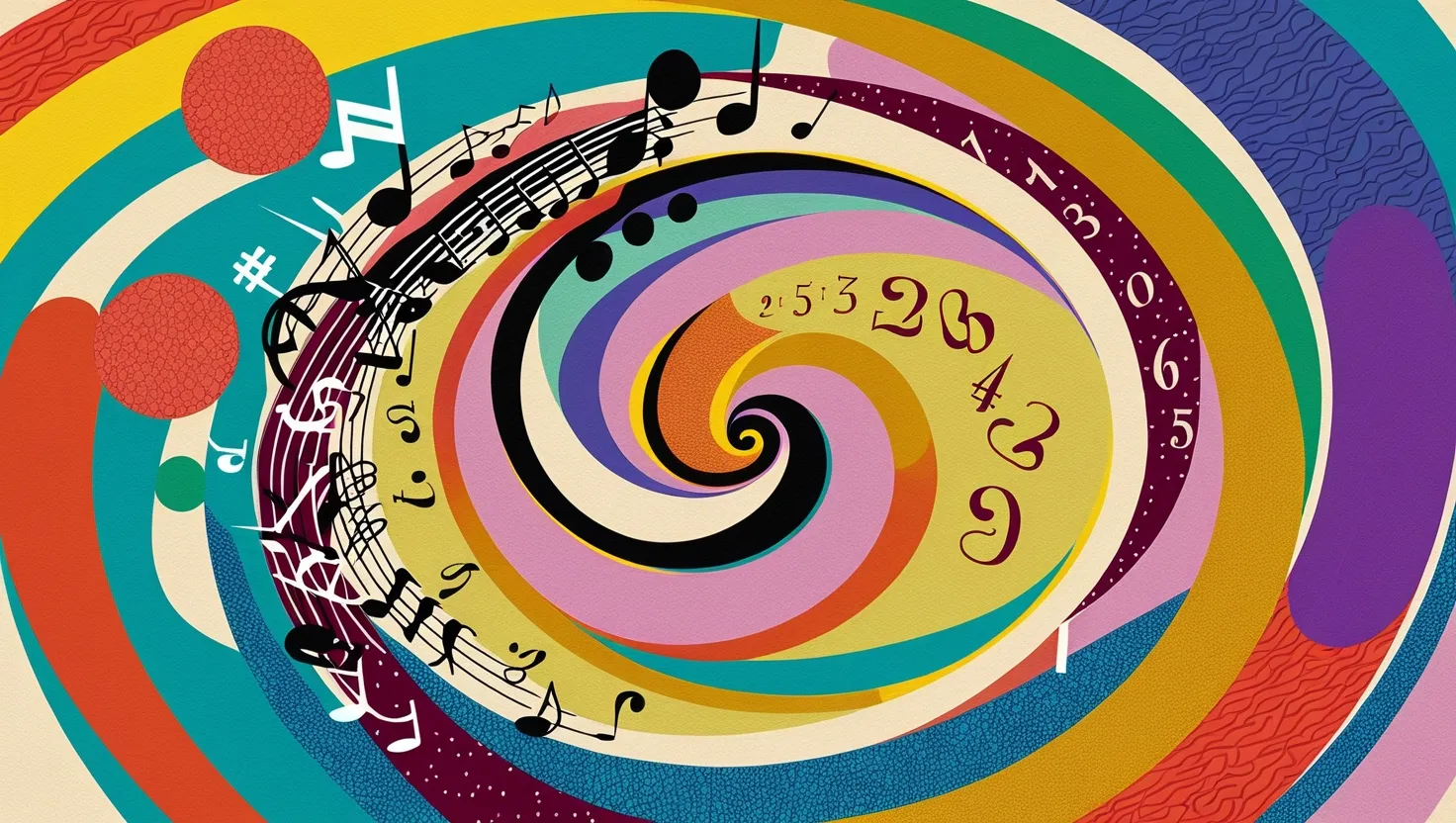In a world where speed and efficiency are often equated with juggling multiple tasks at once, a quieter revolution is happening behind the scenes. The art of single-tasking, which is the simple act of focusing on one task at a time, is making a comeback. Despite the hustle and bustle, there’s a sense that perhaps doing one thing well, instead of struggling through several tasks simultaneously, might just be the key to unlocking greater productivity and reducing stress.
Back in the days of the industrial revolution, when people swapped their tools for machines, multitasking was hailed as the path to getting more done. Workers were expected to handle various tasks concurrently to increase efficiency. Fast forward to the technology-driven late 20th century, and that practice became even more widespread. Yet, as the 21st century unfolds, people are starting to see the cracks in this approach. Experts and psychologists are stepping in to remind us that perhaps our ancestors had it right with their attention to one thing at a time.
The science behind this shift is pretty convincing. Studies have shown that multitasking demands a constant switch in attention, something our brains honestly aren’t made for. This task-switching game isn’t just tiring; it’s a surefire way to slow things down. Imagine bouncing between emails and a report—it’s not just the time taken for each task, but also the precious moments lost in transitioning between them that add up. Often, errors sneak in unnoticed, all because our attention is divided, and let’s face it, not fully committed to any particular task.
So, what are the shiny perks of embracing single-tasking? Well, for starters, the focus becomes much clearer. Diving deep into one task allows you to lose yourself in it, reaching what can be called a ‘flow state’. It’s like when you’re reading a gripping book and hours pass by unnoticed. That level of immersion doesn’t just amp up productivity; it boosts the quality of work too. Plus, you end up feeling pretty accomplished by the end of it.
Reducing stress is another upside. Multitasking tends to pile on cognitive stress—our brains, after all, aren’t the best jugglers. Single-tasking frees up that mental space, letting you breathe easier. And you know what happens when the mind has space? It gets creative. When you’re not weighed down by distractions, new ideas and solutions have room to sprout.
Effective time management is yet another gift single-tasking offers. By focusing on one job at a time, tasks don’t just get done; they get ticked off efficiently, lessening that overwhelming feeling that a towering to-do list tends to bring.
Now, let’s not just talk theory. Implementing single-tasking is pretty straightforward. Start by figuring out what really needs your attention. Create a to-do list prioritizing tasks based on urgency—you’ll know exactly where to start. Next, ensure your work environment supports your focus. Whether it’s putting that phone on silent or using website blockers, reducing distractions is key. For those bigger tasks, it helps to chop them into bite-sized pieces. That way, you tackle one manageable bit at a time.
Breaks deserve a shoutout here too. They’re a crucial part of single-tasking—not about working non-stop but knowing when to step back and recharge. Plus, practicing mindfulness can be a game changer. It’s about being truly present, focusing on the moment rather than letting your mind wander off into tomorrow’s concerns.
Single-tasking isn’t just confined to work. It carries over beautifully to personal life. Think about time spent with loved ones. Being present, instead of being tethered to multiple devices, transforms relationships and experiences. Simplicity in focusing on what’s in front of you turns ordinary moments into meaningful ones.
Old habits die hard, especially when they involve multitasking, but with some discipline, the switch is achievable. Clear goals are your best friend—set them and stick to them. Technology also offers a helping hand; apps that block distracting websites or quieten your phone can create the peace needed to hone in on one thing.
What’s more, cultivating a mindset that values deep work over scattered attention can uproot those old habits. Recognize that focusing on one thing at a time is not just more effective but also a kinder way to handle daily tasks.
By dedicating full attention to single tasks, quality naturally improves. There’s room for thoroughness when you’re committed to just one task, reducing errors and upping the satisfaction of a job truly well done.
The impact extends to the realm of stress and balance in life too. By embracing single-tasking, the weight of cognitive overload lightens. There’s a clarity that surfaces when your mind isn’t pulled in a million directions. Moreover, this approach doesn’t just grant you a sense of control over work; it helps carve out time for life’s pleasures, striking a more satisfying work-life balance.
Embracing single-tasking not only transforms productivity but also encourages a more mindful and enriched approach to work and life. It’s an invitation to savor moments, streamline workflows, and refine the quality of everything undertaken. By muddling less and focusing more, a more fulfilling, well-rounded existence awaits.






